Motion sickness disrupts function and demands your full attention. There are several pharmaceutical options to treat, but many consider the drowsiness side effect equally problematic. If you are an active person who wants to alleviate motion sickness or imbalance without prescription side effects, consider all-natural DizzyStop.
DizzyStop
Table of Contents
- DizzyStop Overview
- The Details
- 2.1 Who it Helps
- 2.2 Coping with Motion Sickness
- 2.3 Ginger Research
- 2.4 Understanding Imbalance
- 2.4 The Experience
- Buy DizzyStop
- References
- Readers Questions & Comments
Kinetosis (locomotional dizziness) impacts many recreational and necessary activities.
Better known as motion sickness, it causes instability, dizziness, and nausea. It can reduce your ability to travel comfortably.
DizzyStop is an all-natural formulation to control motion sickness and occasional dizziness.
✽
About DizzyStop
DizzyStop is an all-natural herbal supplement developed by Dr. Stuart Barton, an Otolaryngologist (ENT).
Over the course of thirty years in practice, Dr. Barton saw many cases of motion sickness, dizziness, imbalance, and vertigo. Motion sickness even prevented his own family from enjoying activities like fishing, amusement park rides, and travel. Dr. Barton found a specific combination of herbs that successfully controlled these conditions.
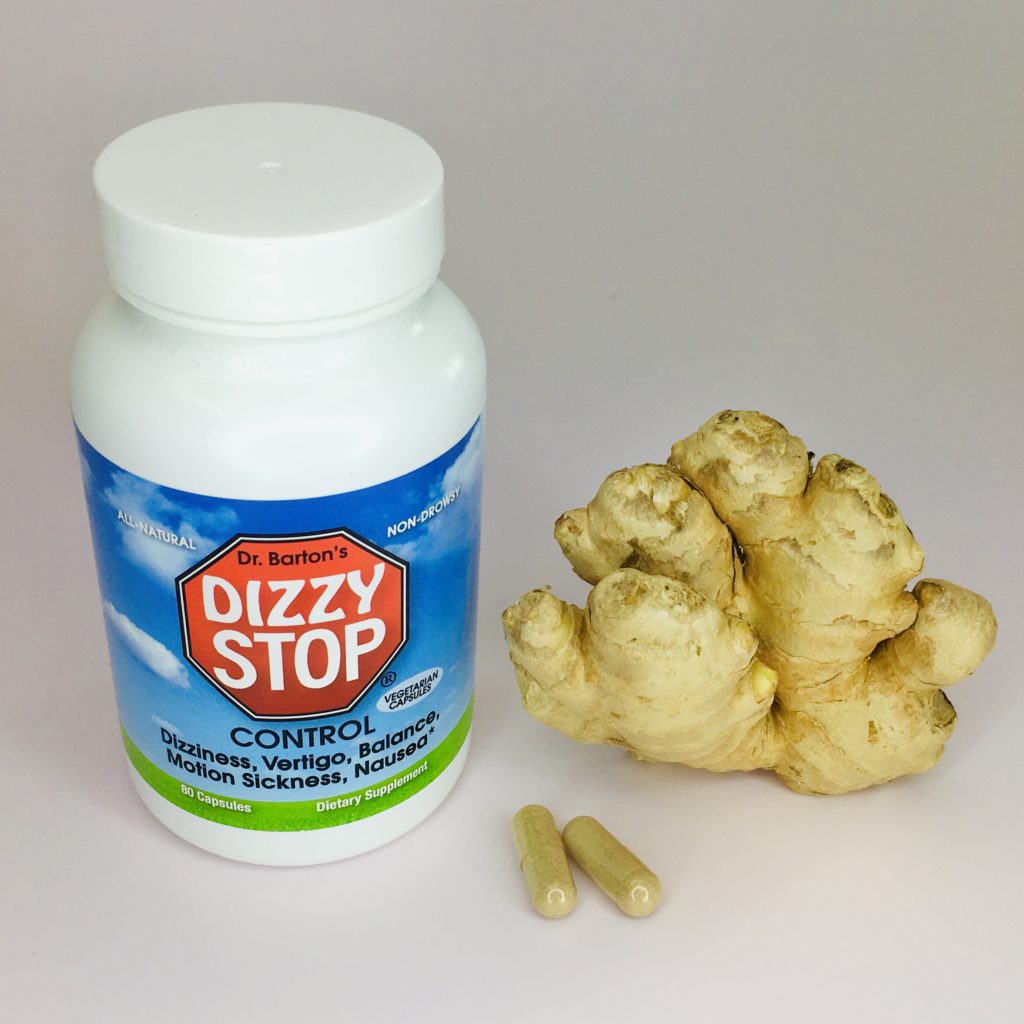
✽
Who DizzyStop can Benefit
If you are missing out on activities you enjoy due to dizziness, nausea, and imbalance, DizzyStop can help.

Don’t be left on the sidelines missing all the fun!

Don’t miss out on favorite activities due to motion sickness
- Do you frequently travel by land, air, or sea?
- Do you spend time on the water sailing or deep-sea fishing?
- Does riding backward on a train, plane or trolley make you disoriented?
- Do you prioritize optimum performance?
Then consider this natural formula to prevent motion sickness and nausea that doesn’t leave you too fatigued to have fun!
If you experience car sickness, most medications leave you too sleepy to function, and certainly too tired to drive. But DizzyStop won’t make you tired.
How does DizzyStop work?
✽
Coping With Imbalance
If you know what causes your dizziness and nausea there are medications to quell it. The problem is they make one so sleepy. Too sleepy to do anything….but sleep.
But interestingly… research backs the use of ginger for imbalance and motion sickness.
✽
While I am a die-hard ginger fan for its’ beauty benefits, I had to see this research for myself.
Supporting research
The Efficacy of Ginger for Motion Sickness
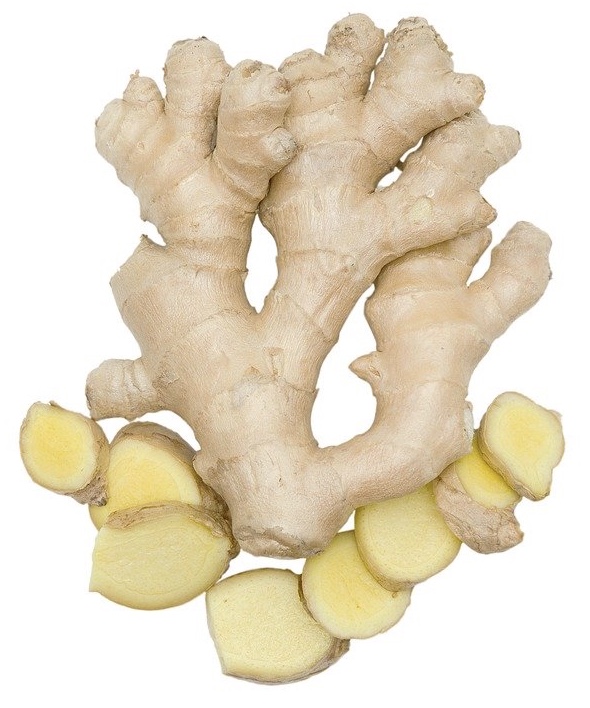
The British Journal of Anesthesia published a systematic review. It gathering the results of six different clinical trials that successfully used ginger to treat nausea and vomiting. Ginger worked for morning sickness, seasickness, and chemotherapy-induced nausea.[2]
Studies indicate Ginger even reduced highly debilitating vertigo and nystagmus.
“Ginger root reduced the induced vertigo significantly better than did placebo.[3]
Ginger every four hours helped sea sickness on high seas.
In a study of seasick naval cadets on the high seas…”Ginger root reduced the tendency to vomiting and cold sweating significantly” [4]
Ginger stops nausea directly within the gastrointestinal system, not the nervous system, so it doesn’t have to make you sleepy to stop nausea.[5]
Traditional antiemetics don’t work on every nausea-inducing stimuli. [6] For some people, bright lights, noise, odors, headaches, or backward motion cause nausea. Studies show ginger is a broad-spectrum antiemetic.
“Various preclinical and clinical studies have shown ginger to possess antiemetic effects against different emetogenic stimuli.” [7]
Ginger showed similar results to metoclopramide in controlling post-op nausea in 60 women. [8]
Research shows specific doses are effective[8] as well as certain ginger components in easing prokinetic or motion-induced nausea:
“The exact mechanism responsible for the anti-emetic effects of ginger is unknown; however, the ginger phytochemicals, especially 6-gingerol, 8-gingerol, 10-gingerol, and 6-shogaol, may function as a 5-hydroxytryptamine (5-HT3) antagonist, NK1 antagonist, antihistaminic, and possess prokinetic effects.”[9]
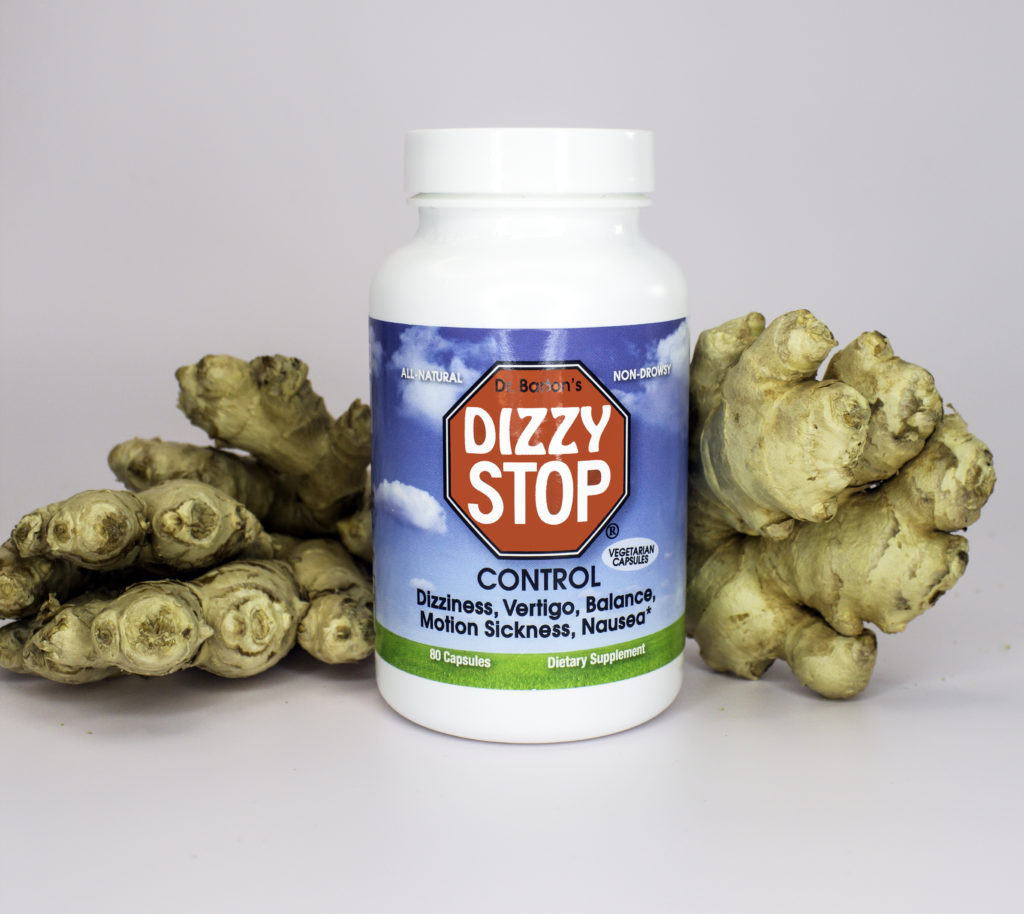
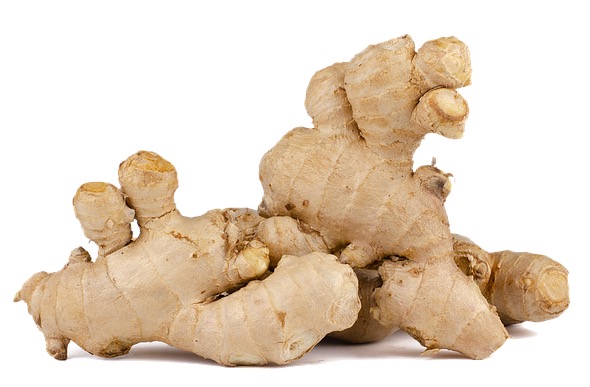 |
Studies show ginger root as effective as commonly prescribed antiemetic drugs like metoclopramide for travel sickness or pain-induced nausea. |

For some people, antiemetics won’t work if they are moving backward. DizzyStop can work even on imbalanced induced by unusual motion, like facing backward on this Ferris wheel
✽
Understanding Imbalance
Travel Sickness, Dizziness, and Vertigo
Don’t self-diagnosis dizziness. Dizziness in the absence of motion can be a serious symptom.
Your doctor may determine your occasional dizziness is a medication side effect. Or the result of a pinched nerve, an inner ear issue, or a visual disturbance.
Ever get cold water in one ear? It is disorienting, isn’t it? The dizzy reaction is because we use our ears to balance.
Our vestibular system reports balance data to the brain. It uses our ears, eyes, and feet to sense where we are in space. These function together to determine if we are moving, standing level, falling, or on an uneven surface.
The brain uses this constant stream of information to adjust our balance to stay upright.
No wonder this balance system reacts to being subjected to fast, tilted, repetitive, vector rotation, such as the ride below. Studies document certain vector speeds cause the release of nausea-inducing hormones.
But dizziness can occur without motion. If something disrupts these messages to the brain, like obstruction, injury, or inflammation, the vestibular system can send a false report to the brain. So the brain thinks there’s motion.
This perception of motion, called illusory self-motion, tricks the body into reacting like true motion and triggers nausea. One study reports: “Illusory self-motion is a purely central nervous system (visual-vestibular) stimulation that evokes dramatic shifts in gastric electrical activity and significant release of the posterior pituitary hormone vasopressin.”[10]
Fortunately, occasional illusory self-motion and nausea can be controlled without drowsiness.
But Can’t I just drink Ginger tea?
Sipping ginger tea helps queasiness. I’ve grated fresh ginger and let it boil, then let it simmer for a day until it is strongly steeped. We call it “the concoction.” Each sip makes my eyes water. Not for the faint of heart, this ginger brew.
But even this robust ginger tea doesn’t elevate dizziness. Here is why:
Optimal control requires higher doses than can be achieved by a fresh ginger tea or pre-packaged tea bag. Studies show specific measurements of ginger root offered these optimal results. [11] And it is difficult to consume a sizable quantity of ginger when you are already feeling, well, iffy.
✽
DizzyStop combines ginger root powder with the supporting ingredient grapeseed extract for maximum efficacy. Grape seed extract is documented to control pain and relieve inflammation and nausea.
The Experience
Before travel or other activity that is known to cause motion sickness, take two DizzyStop capsules. If you will be traveling extendedly, consider taking the capsules the day before. You can increase the dosage according to the instructions.
These capsules are safe for children (although ginger is not recommended for children under two).
These soft capsules are very easy to swallow. There is no aftertaste.
If you prefer, empty the contents of the capsule into a drink.
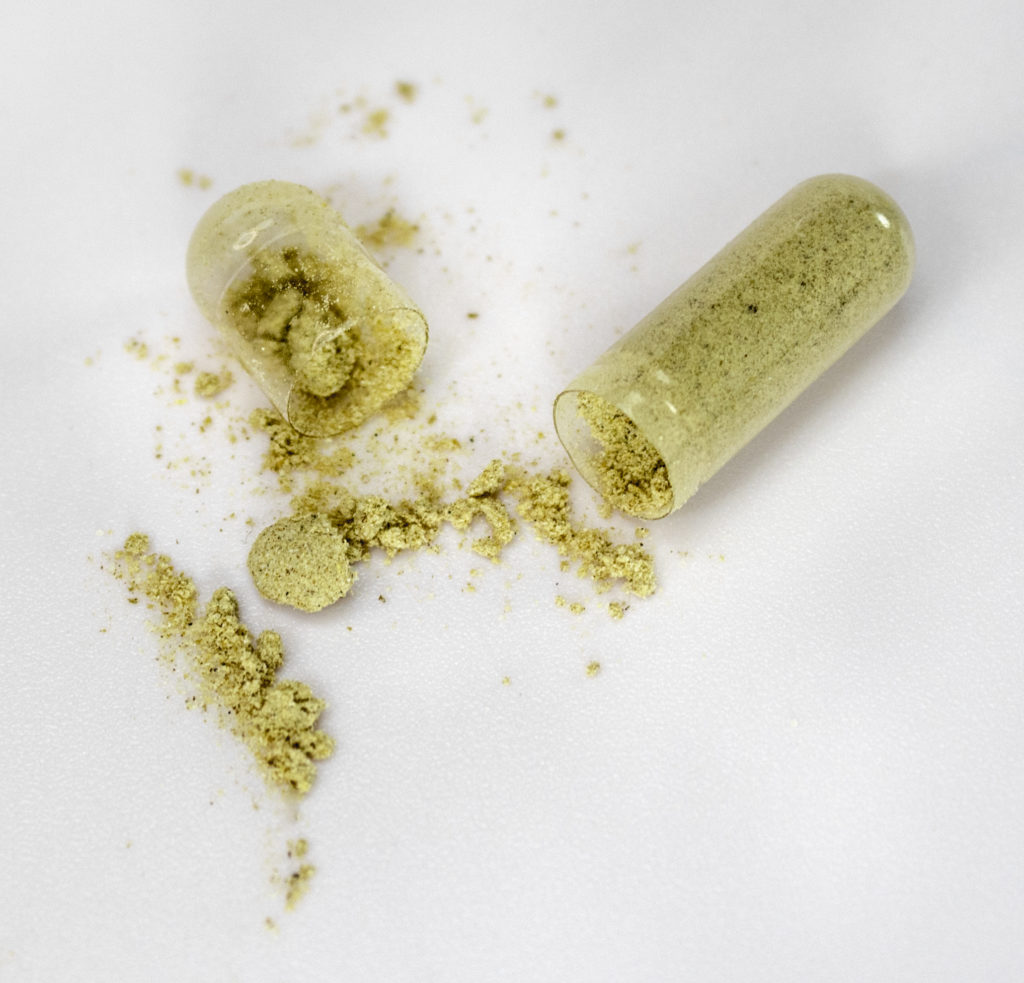
The capsule contents can be taken within a beverage instead of pill form
The capsules are seen below for scale. The curved ends make them easy to swallow.
Too much ginger can cause an upset stomach, but I didn’t experience any problems with the ginger tablets.
I find DizzyStop useful for long car rides, especially on winding, bumpy roads.
On the way to Nantucket or Martha’s Vineyard, I love the islands but dread the ferry ride because of my seasickness. Next time, I can take the ferry and enjoy the day without having to sleep off a seasickness medicine!
With DizzyStop, you can enjoy the activities you and your family love without nausea or drowsiness.
✽
where to find it
Buy Dizzy Stop at http://www.amazon.com/gp/product/B003IAAH4S
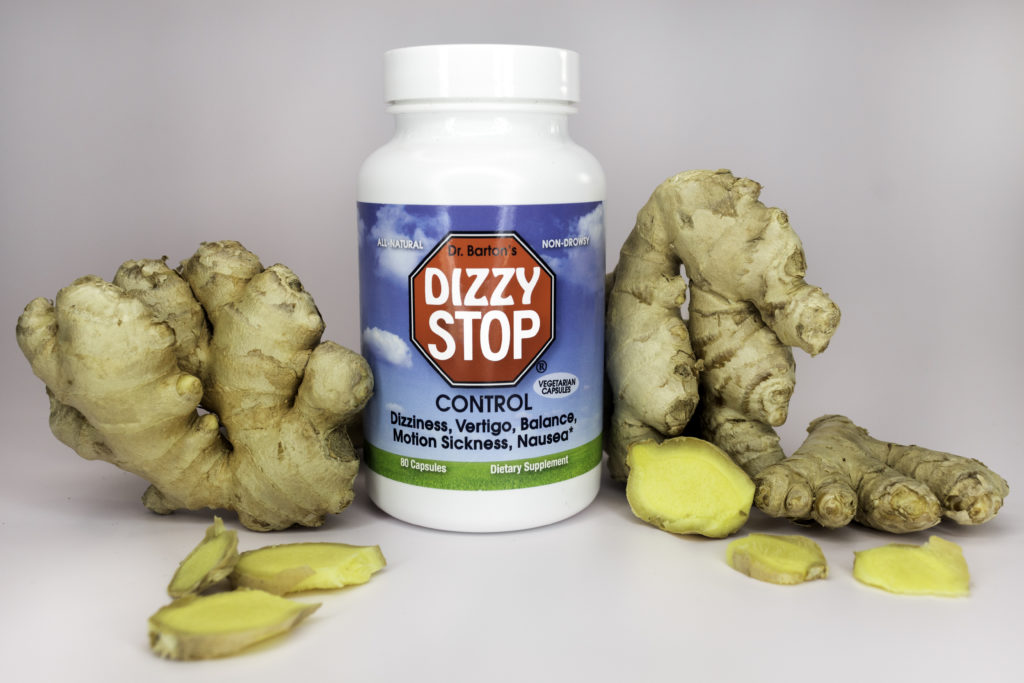
DizzyStop is made with ginger root, which is clinically proven to stop motion sickness and nausea without causing drowsiness.
QUESTIONS?
COMMENTS?
Have any comments or questions about DizzyStop?
The Style Chicks are here to answer them.
Leave a comment or Email Us
✽
references
- Koch KL. Illusory self-motion and motion sickness: a model for brain-gut interactions and nausea. Dig Dis Sci. 1999;44(8 Suppl):53S-57S.
- British Journal of Anaesthesia 84 (3): 367-71 (2000) – EFFICACY OF GINGER FOR NAUSEA AND VOMITING: A SYSTEMATIC REVIEW OF RANDOMIZED CLINICAL TRIALS.
- ORL J Otorhinolaryngol Relat Spec. 1986; 48(5): 282-6. – VERTIGO-REDUCING EFFECT OF GINGER ROOT. A CONTROLLED CLINICAL STUDY.
- Acta Otolaryngol. 1988 Jan-Feb; 105(1-2): 45-9. – GINGER ROOT AGAINST SEASICKNESS. A CONTROLLED TRIAL ON THE OPEN SEA.
- Lien HC, Sun WM, Chen YH, Kim H, Hasler W, Owyang C. Effects of ginger on motion sickness and gastric slow-wave dysrhythmias induced by circular vection. Am J Physiol Gastrointest Liver Physiol. 2003;284(3):G481-G489. doi:10.1152/ajpgi.00164.2002
- Hasler WL, Kim MS, Chey WD, Stevenson V, Stein B, Owyang C. Central cholinergic and alpha-adrenergic mediation of gastric slow wave dysrhythmias evoked during motion sickness. Am J Physiol. 1995;268(4 Pt 1):G539-G547. doi:10.1152/ajpgi.1995.268.4.G539
- Ibid
- Anaesthesia. 1990 Aug; 45(8): 669-71 – GINGER ROOT “A NEW ANTIEMETIC. THE EFFECT OF GINGER ROOT ON POSTOPERATIVE NAUSEA AND VOMITING AFTER MAJOR GYNAECOLOGICAL SURGERY.”
- Palatty PL, Haniadka R, Valder B, Arora R, Baliga MS. Ginger in the prevention of nausea and vomiting: a review. Crit Rev Food Sci Nutr. 2013;53(7):659-669. doi:10.1080/10408398.2011.553751
- Haniadka R, Rajeev AG, Palatty PL, Arora R, Baliga MS. Zingiber officinale (ginger) as an anti-emetic in cancer chemotherapy: a review. J Altern Complement Med. 2012;18(5):440-444. doi:10.1089/acm.2010.0737
- Lien, Effects, Am J Physiol
ABOUT THIS POST
Like you, the Style Chicks team needs time to evaluate and form an opinion about the products we try. We received compensation for our time and effort to form an opinion about DizzyStop. We produced this blog post because we think this product is great and want to share it with you!
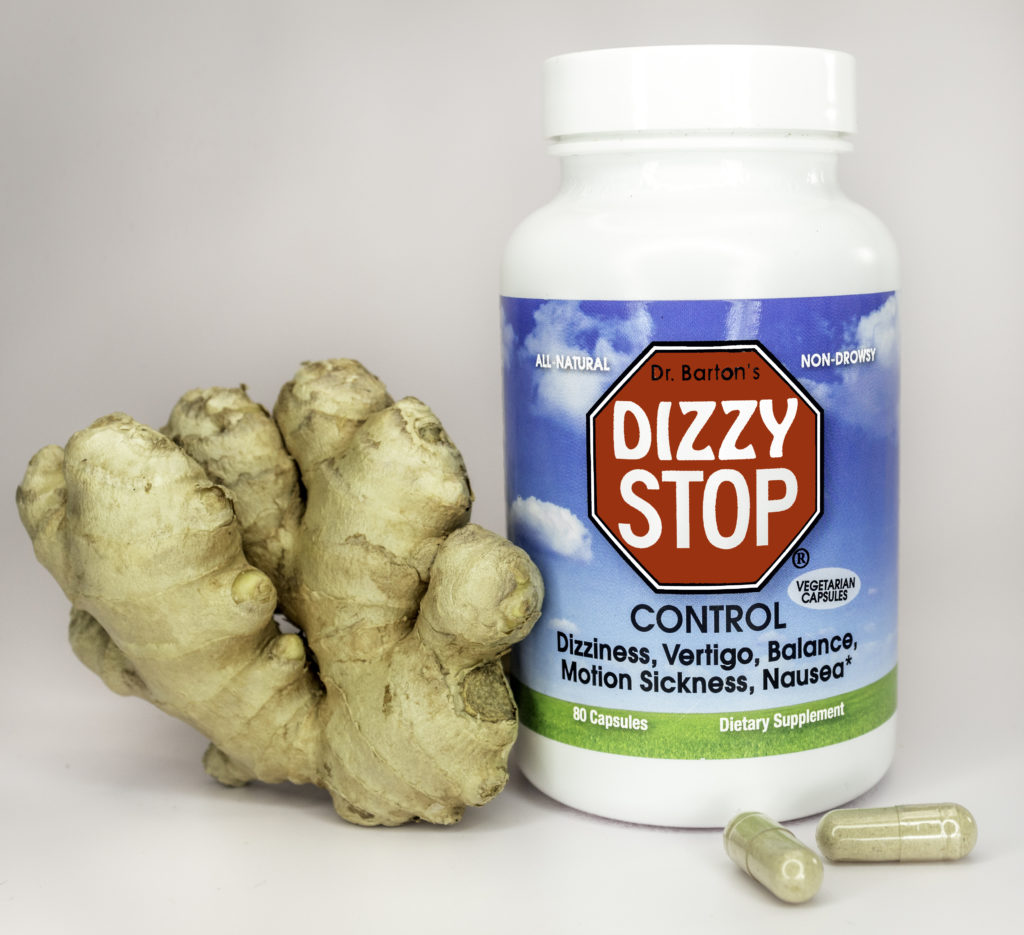
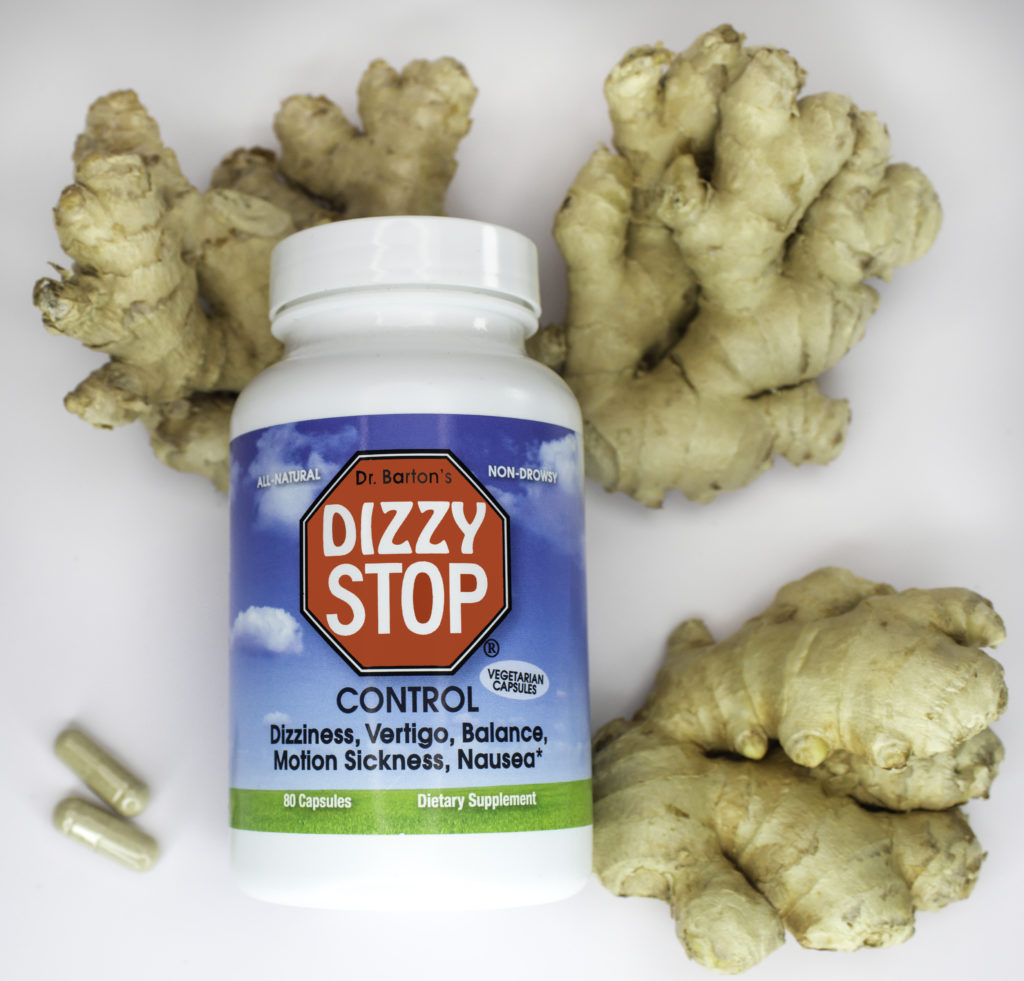
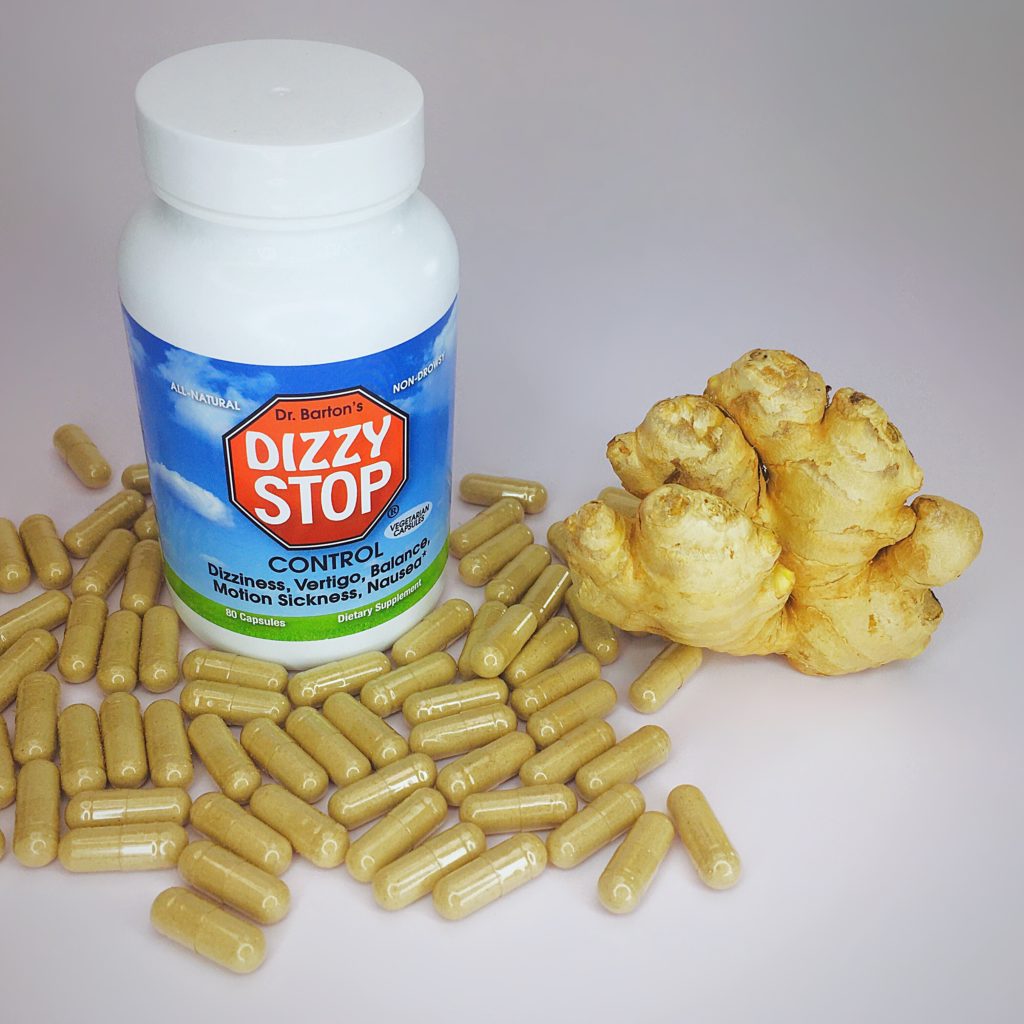

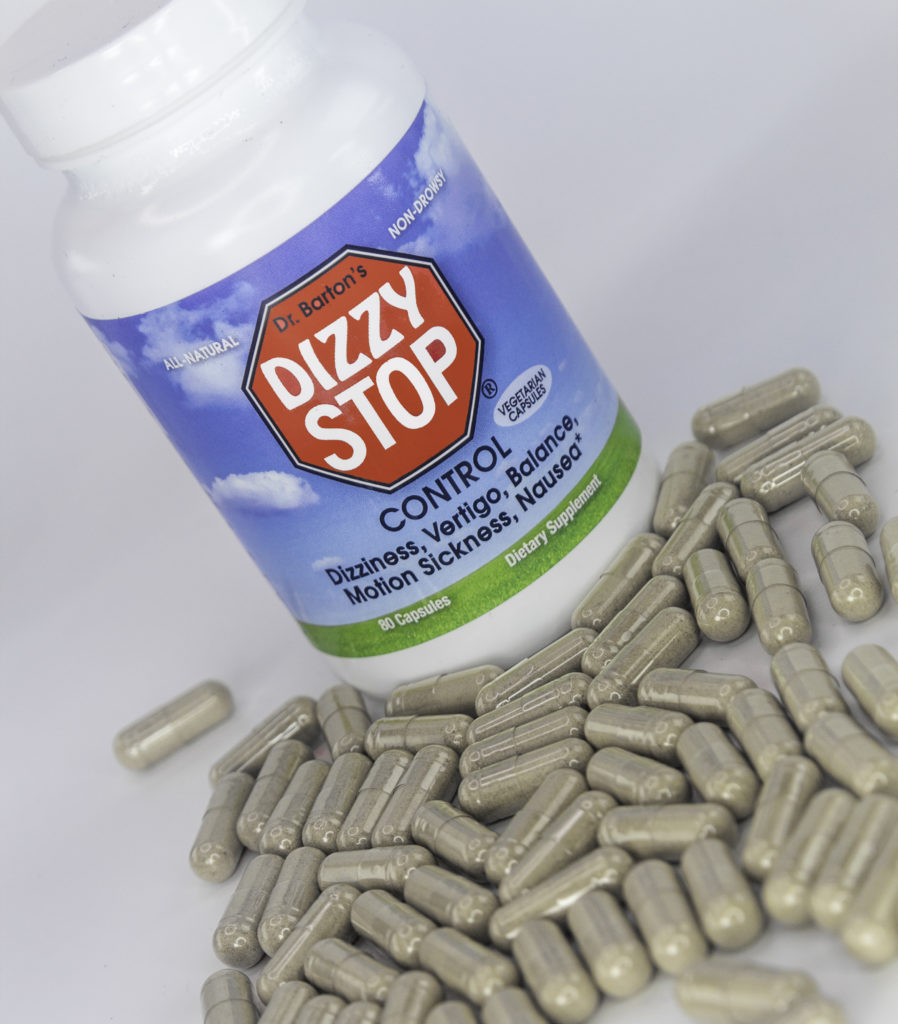
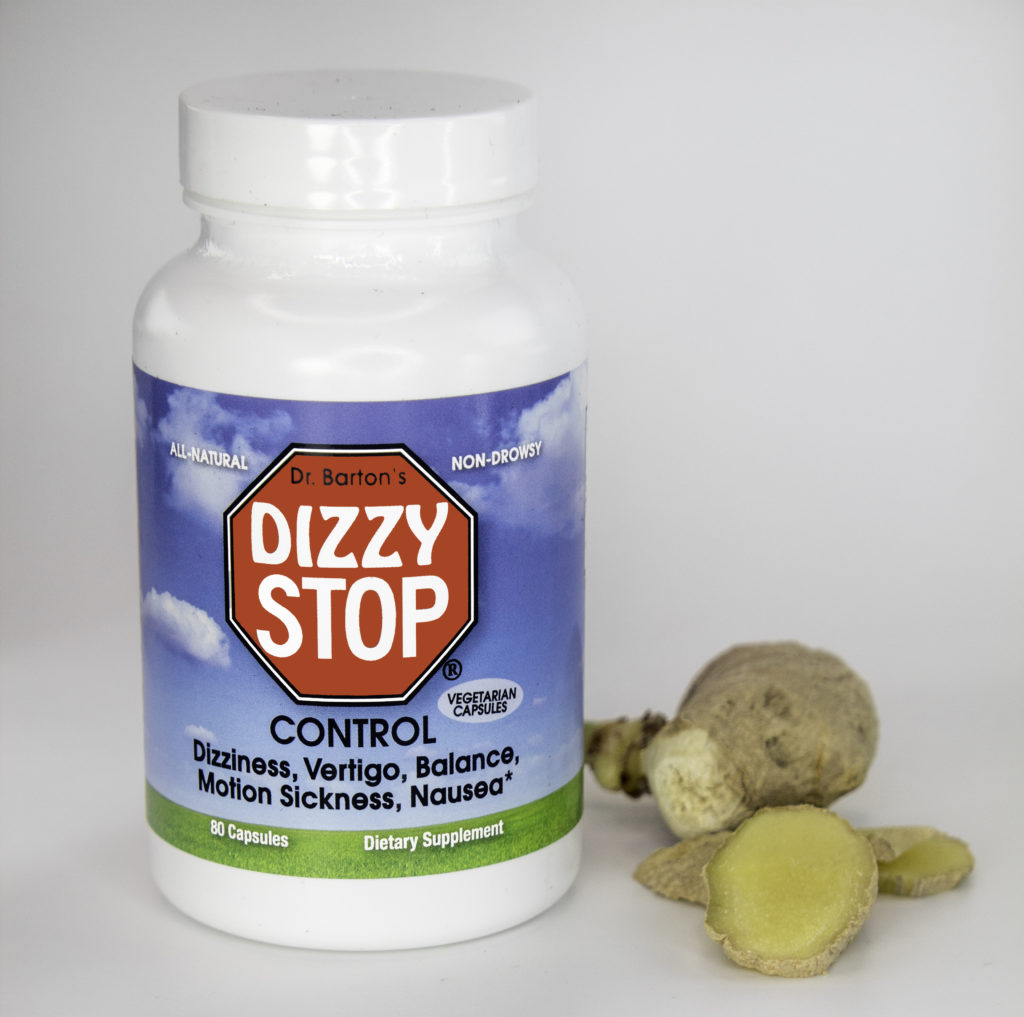
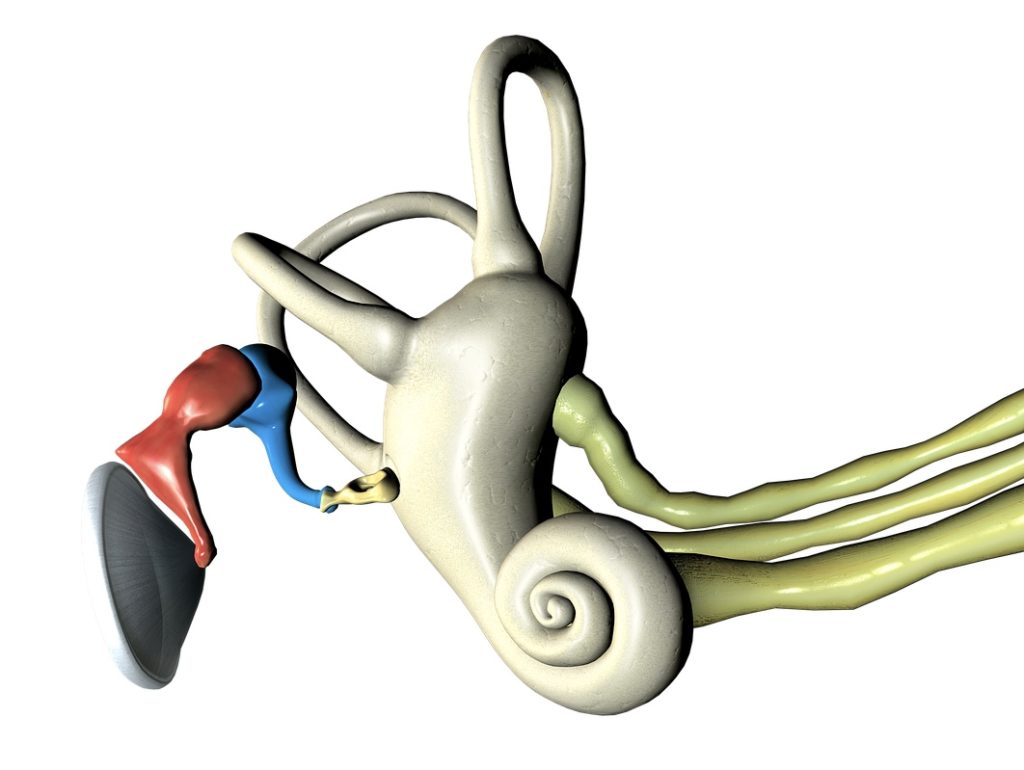



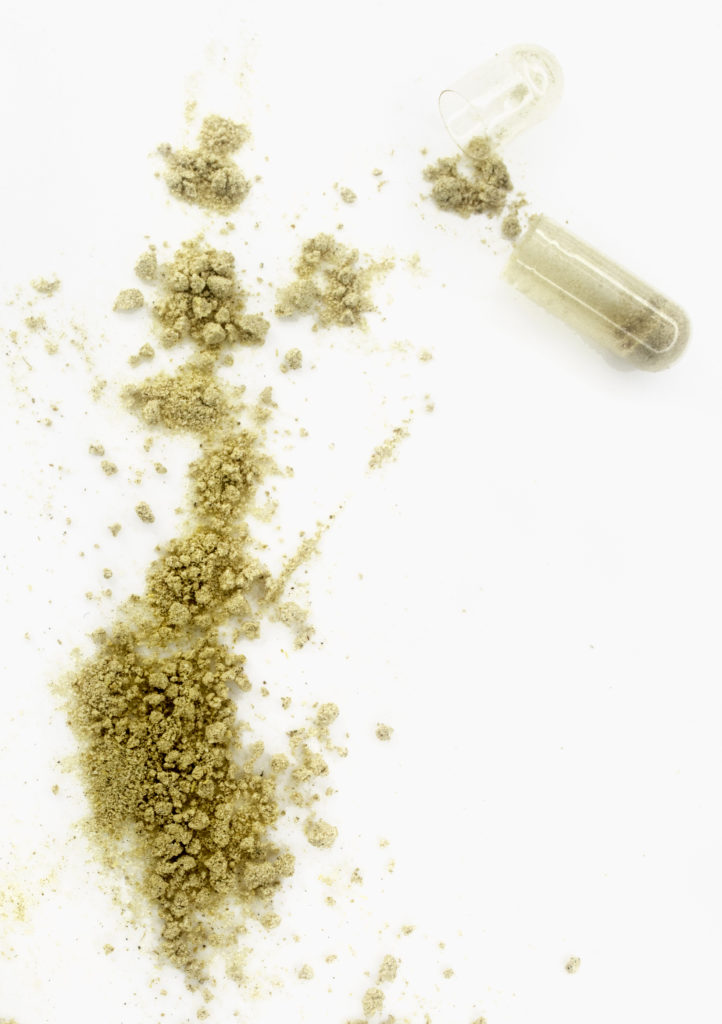
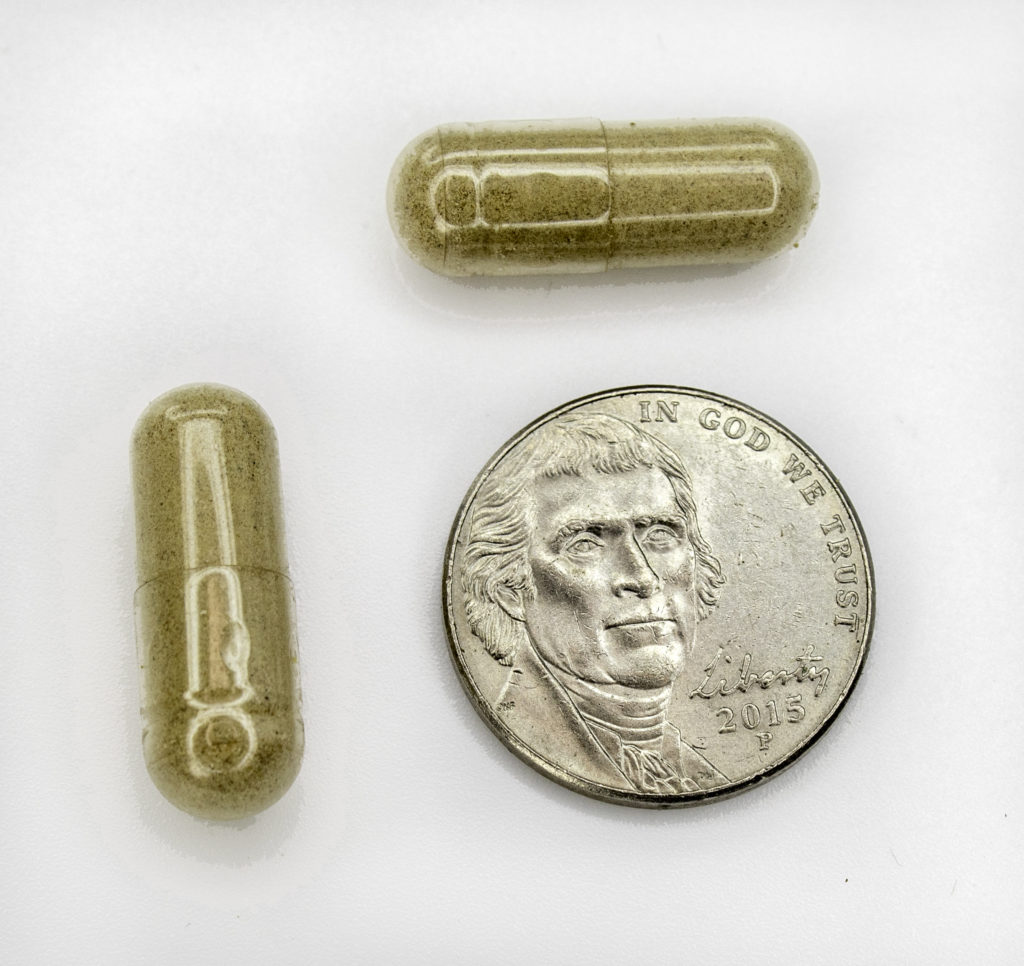

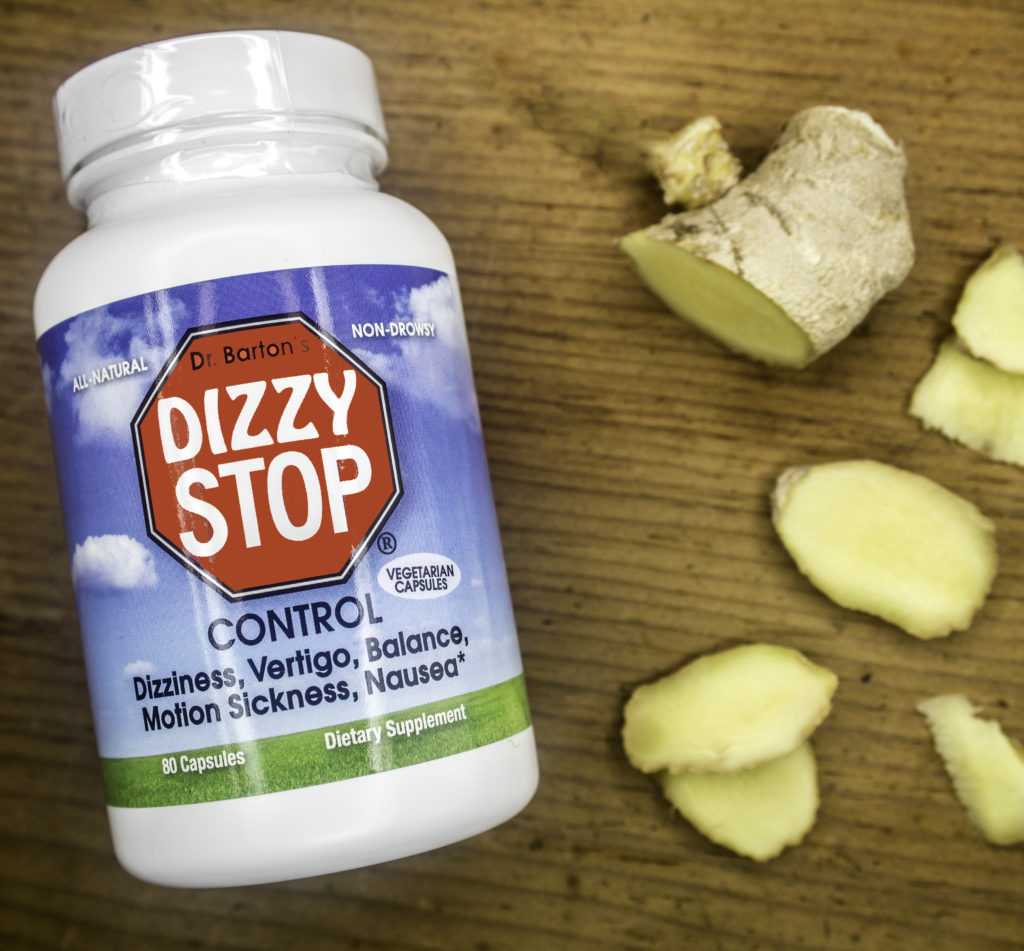






























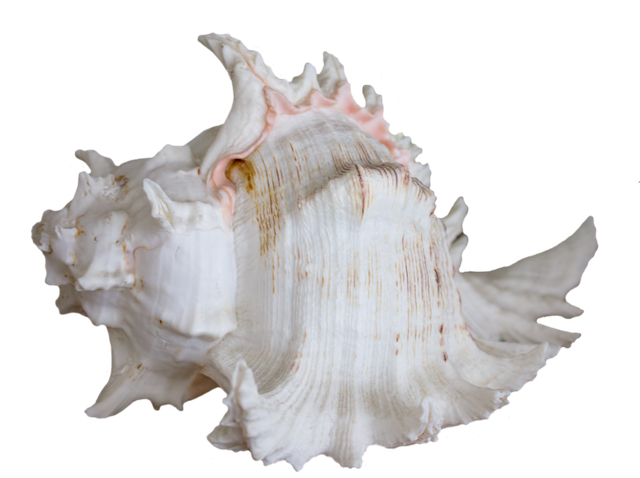



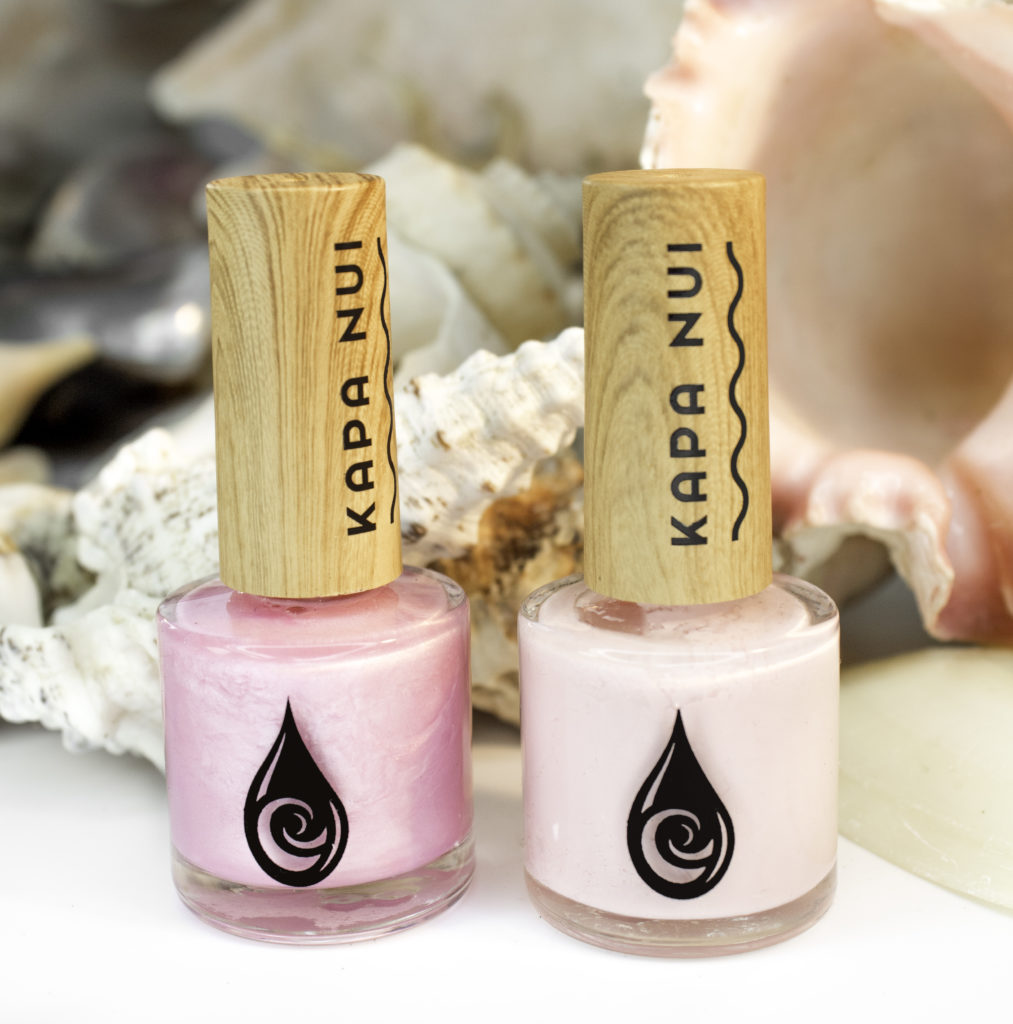

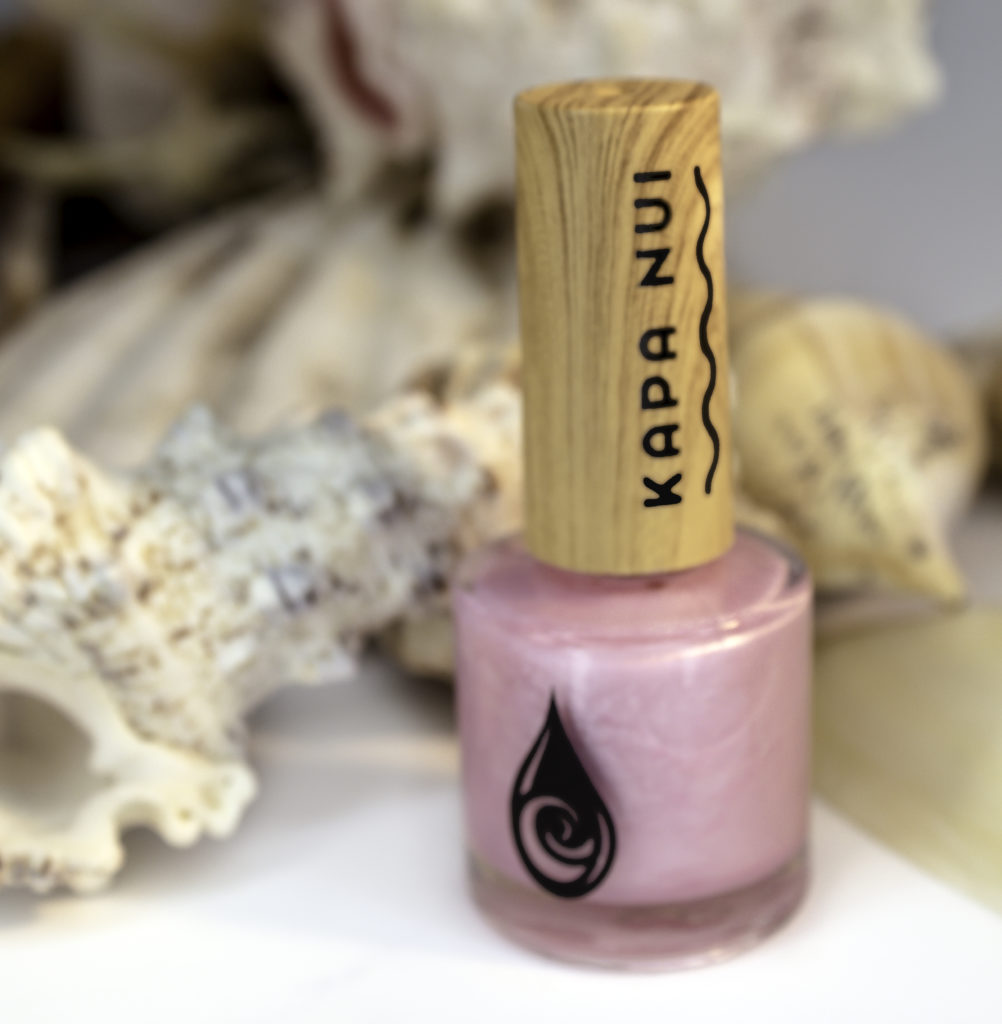


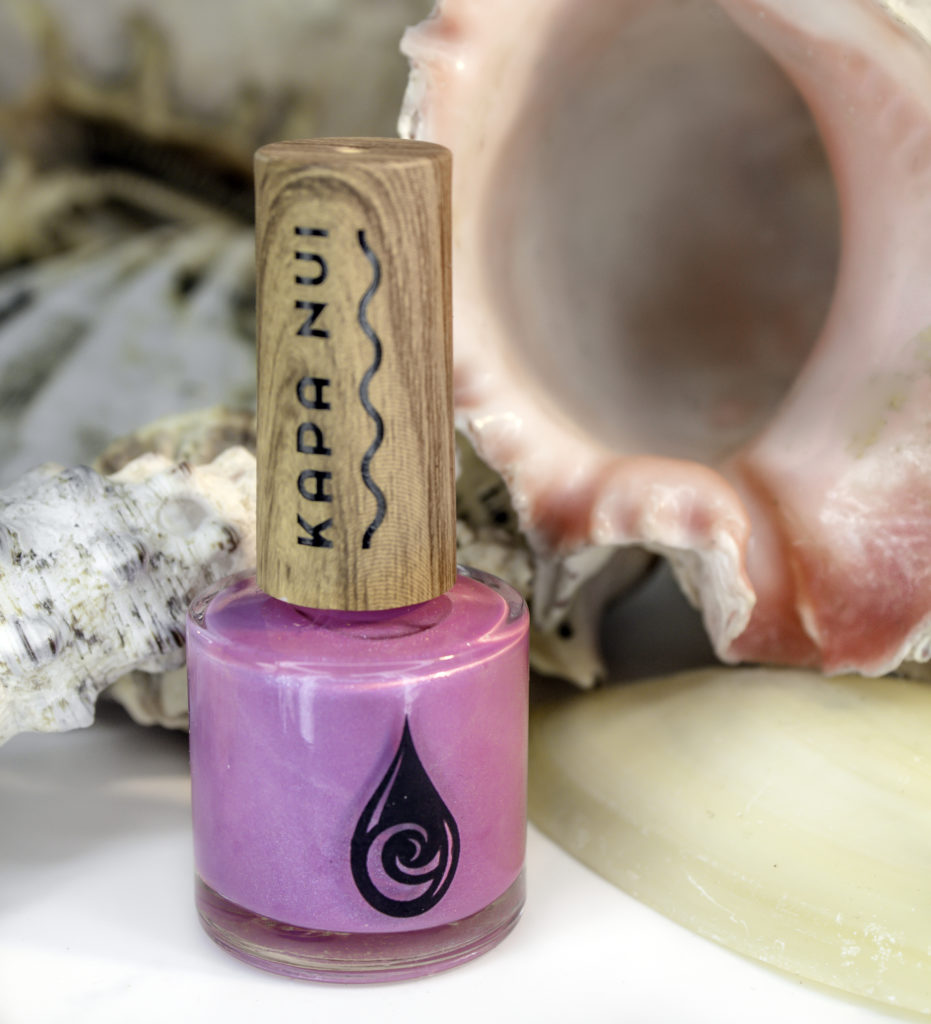
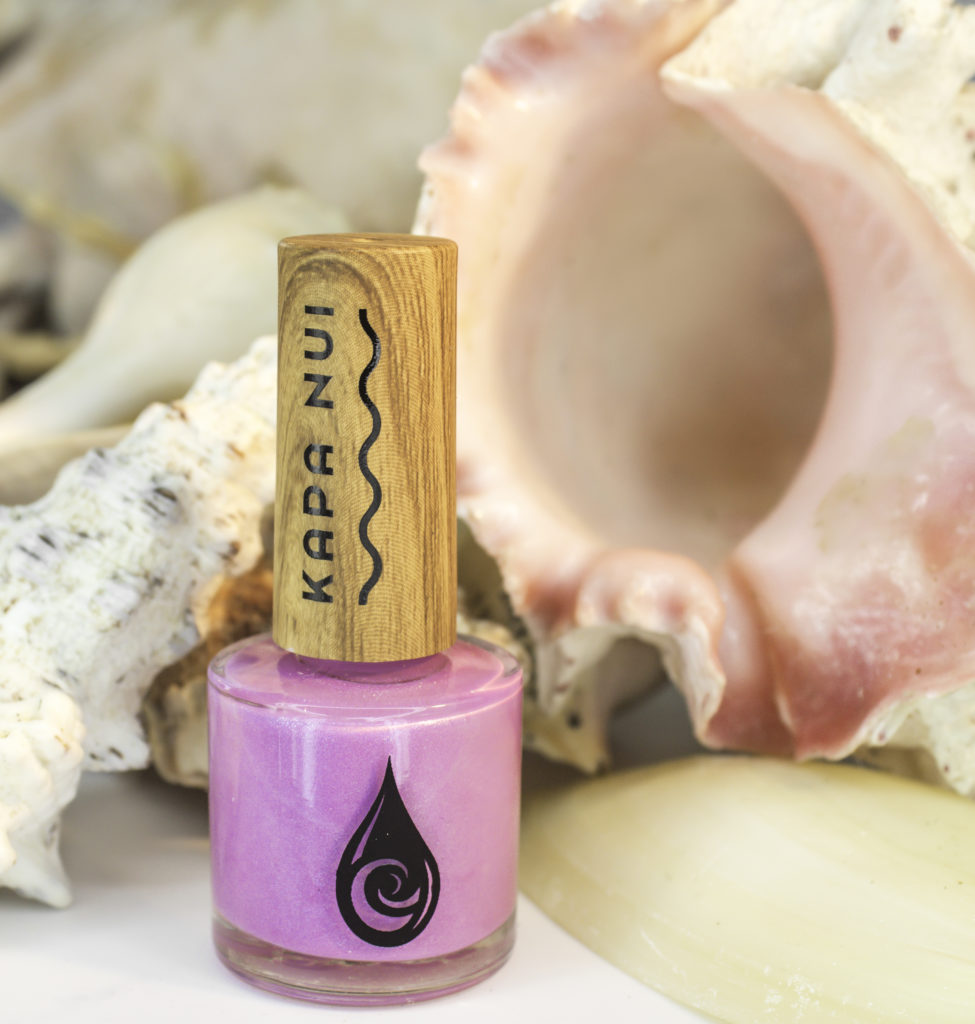
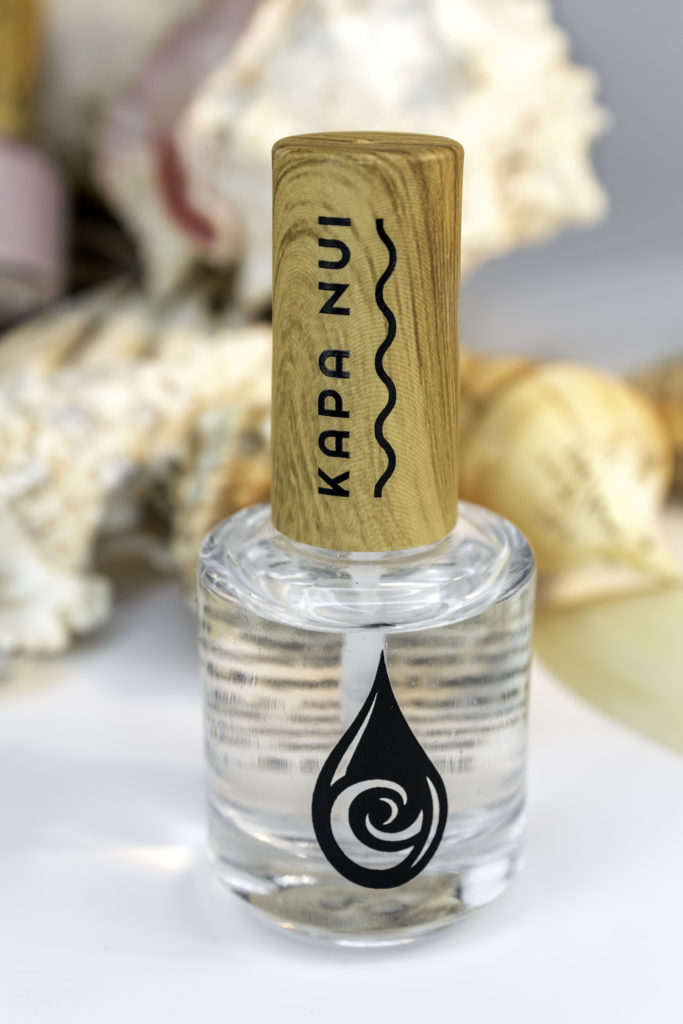

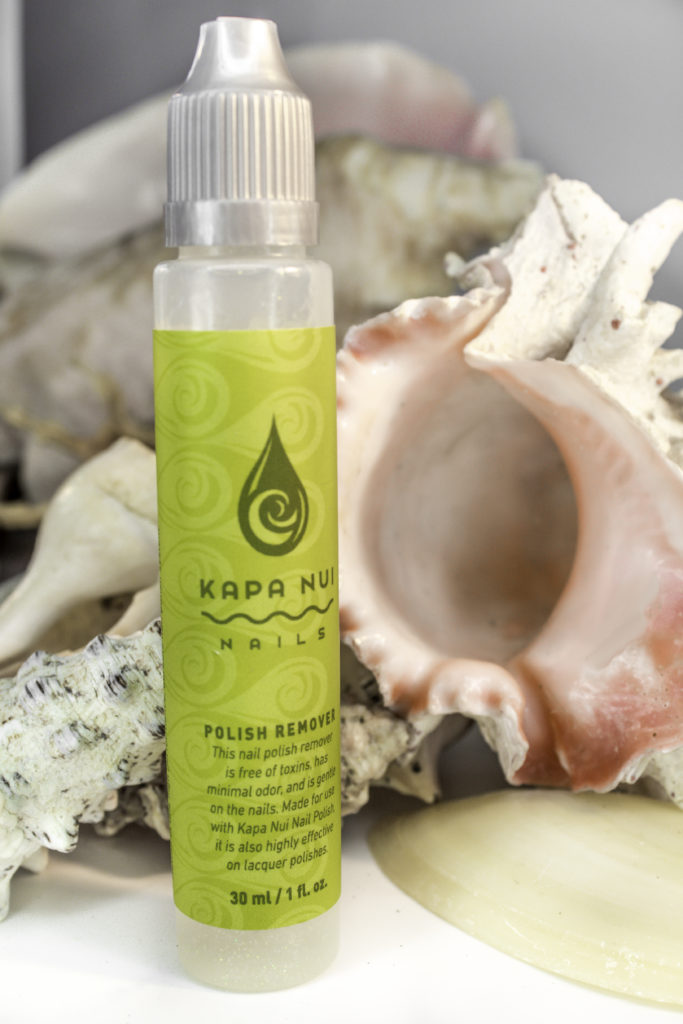






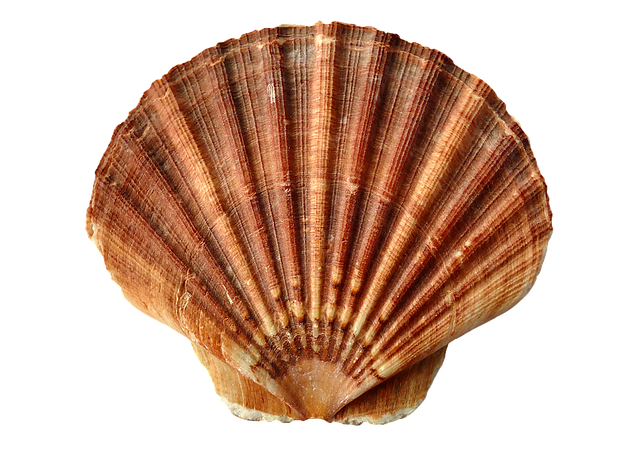
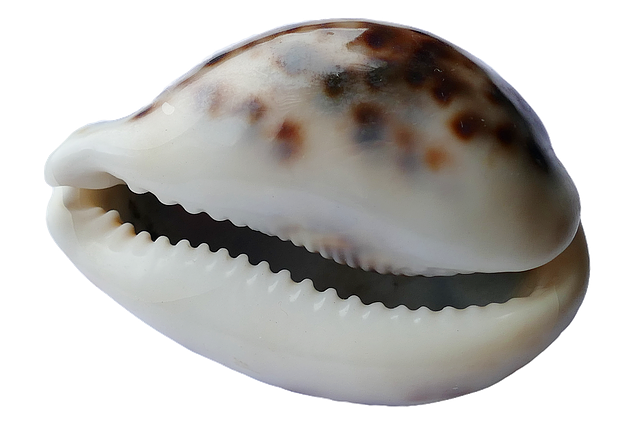







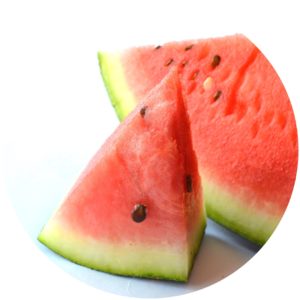 Watermelon Seed Oil is an outstanding antioxidant and highly nutritive oil. It
Watermelon Seed Oil is an outstanding antioxidant and highly nutritive oil. It 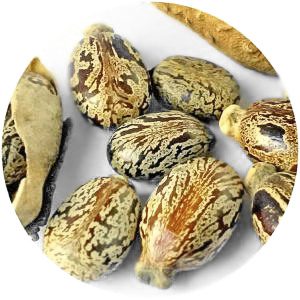

 Rosemary Leaf Extract encourages hair growth.
Rosemary Leaf Extract encourages hair growth.
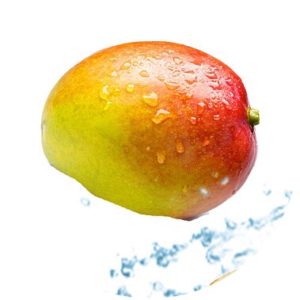
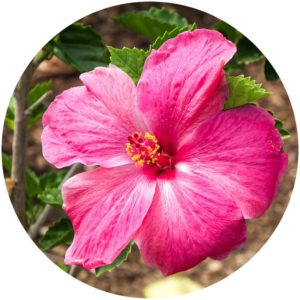
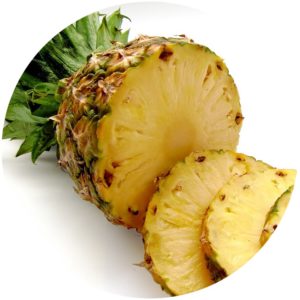




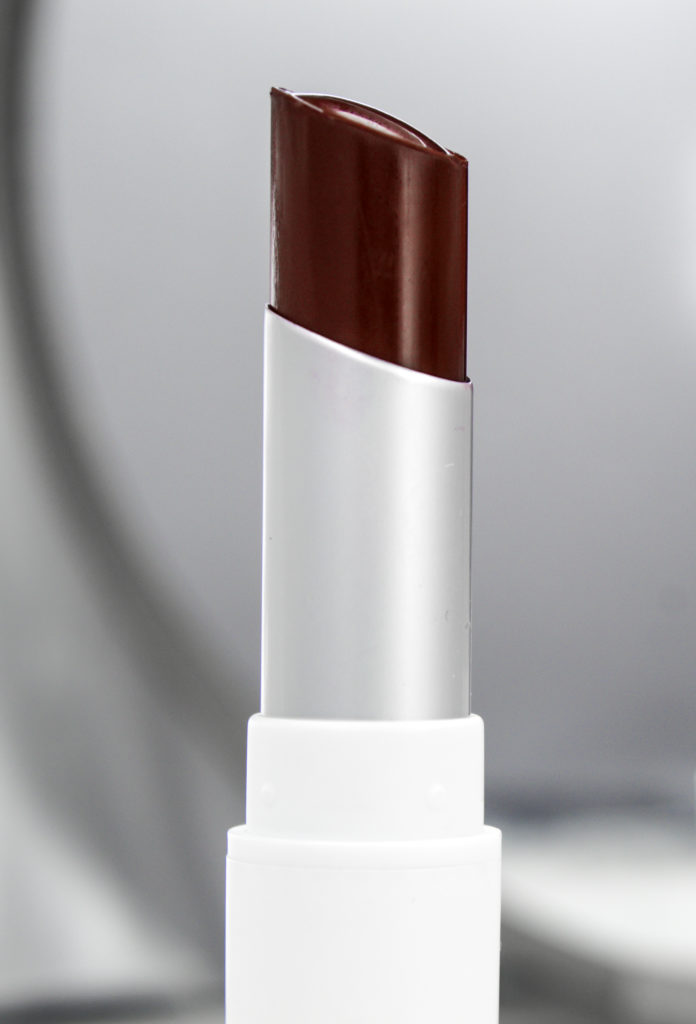




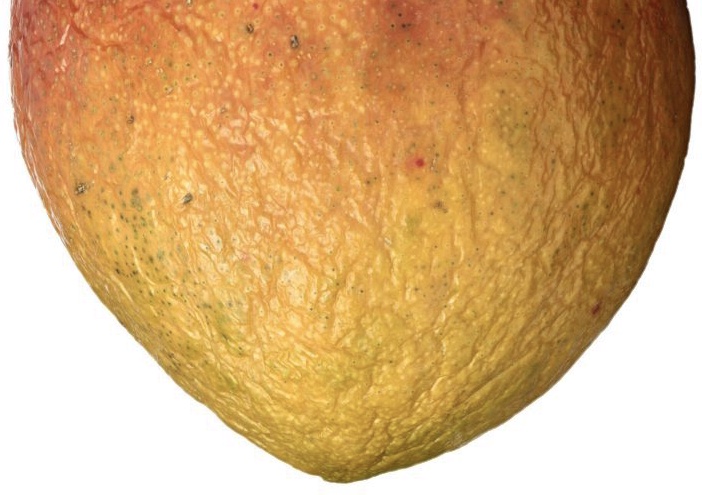

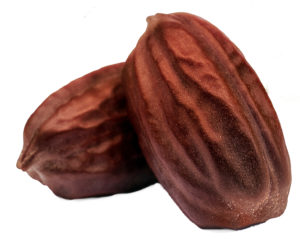




 QUESTIONS?
QUESTIONS?